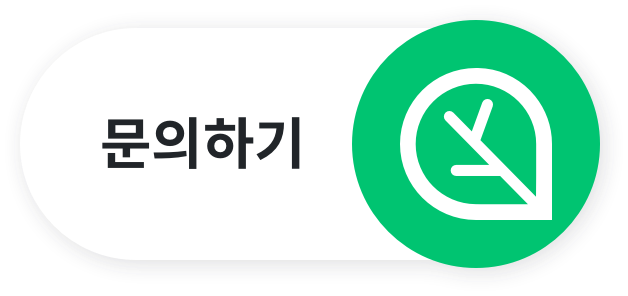
What is folic acid, Uses, Benefits and Side Effect
Folic acid is a type of B vitamin that is normally found in foods such as dried beans, peas, lentils, oranges, whole-wheat products, liver, asparagus, beets, broccoli, brussels sprouts, and spinach.
Folic acid helps your body produce and maintain new cells, and also helps prevent changes to DNA that may lead to cancer.
As a medication, folic acid is used to treat folic acid deficiency and certain types of anemia (lack of red blood cells) caused by folic acid deficiency.
Folic acid is sometimes used with other medications to treat pernicious anemia. Folic acid used alone will not treat pernicious anemia and other anemias not related to Vitamin B12 deficiency. Take all of your medications as directed.
Warnings
You should not use this medication if you have ever had an allergic reaction to folic acid.
Before you take folic acid, tell your doctor if you have kidney disease (or if you are on dialysis), an infection, if you are an alcoholic, or if you have any type of anemia that has not been diagnosed by a doctor and confirmed with laboratory testing.
Talk to your doctor about taking folic acid during pregnancy or while breast-feeding. Folic acid is sometimes used in combination with other medications to treat pernicious anemia.
Follow all directions on your medicine label and package. Tell each of your healthcare providers about all your medical conditions, allergies, and all medicines you use.
Before taking this medicine
You should not use this medicine if you have ever had an allergic reaction to folic acid.
Ask a doctor or pharmacist if this medicine is safe to use if you have ever had:
-
epilepsy or other seizure disorder;
-
cirrhosis or other liver disease;
-
kidney disease (or if you are on dialysis);
-
hemolytic anemia;
-
pernicious anemia;
-
anemia that has not been diagnosed by a doctor and confirmed with laboratory testing;
-
an infection; or
-
alcoholism
댓글을 작성해보세요.
